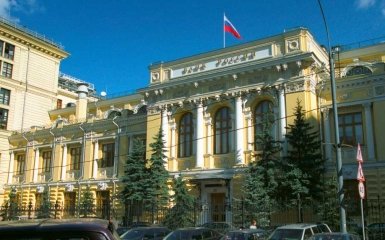Russia has already decided on a broker to manage the exchange of frozen assets between Russian and foreign investors.
What is known about the Kremlin's intentions to exchange frozen assets
In particular, applications from Russian investors will be collected by Investment Chamber LLC, a Voronezh broker not subject to Western sanctions.
It is noted that the exchange concerns companies that want to sell their shares abroad.
They must receive funds from non-residents on so-called type "C" accounts in Russia.
Agreements are expected to be concluded by July 29.
It is noted that we are talking exclusively about securities registered in the National Settlement Depository of Russia.
The maximum limit of each transaction is 100 thousand rubles or 1.1 thousand dollars.
How many funds of foreign investors are blocked on accounts in Russia
Journalists of the publication note that foreign investors' funds have been blocked on accounts in Russia, the amount of which, as of the beginning of November 2022, is more than 280 billion rubles.
At the same time, the Central Bank of the Russian Federation does not disclose the exact amount of frozen assets.
Last June, the Russian mass media stated that by the end of 2022, the amount of frozen foreign assets in Russian accounts would increase to almost 600 billion rubles.
In December, the Bank of Russia created a mechanism that allows Russian investors to sell frozen foreign securities to non-residents, using money from their bank accounts, under a decree from Kremlin dictator Vladimir Putin.
The Russian investment company "Finam" estimates the value of the assets that can be exchanged at 80-100 billion rubles and the number of investors waiting to exchange their blocked assets at tens of thousands.
The "Investment Chamber" said it would combine the securities and divide them into lots of similar compositions and values. Then, until July 5, it will collect applications from foreign investors to exchange shares for their money stuck in Russia.
The assets that are not sold will be returned to their Russian owners, and the non-residents' unused funds will remain in their "C" accounts in Russia.




